Latest
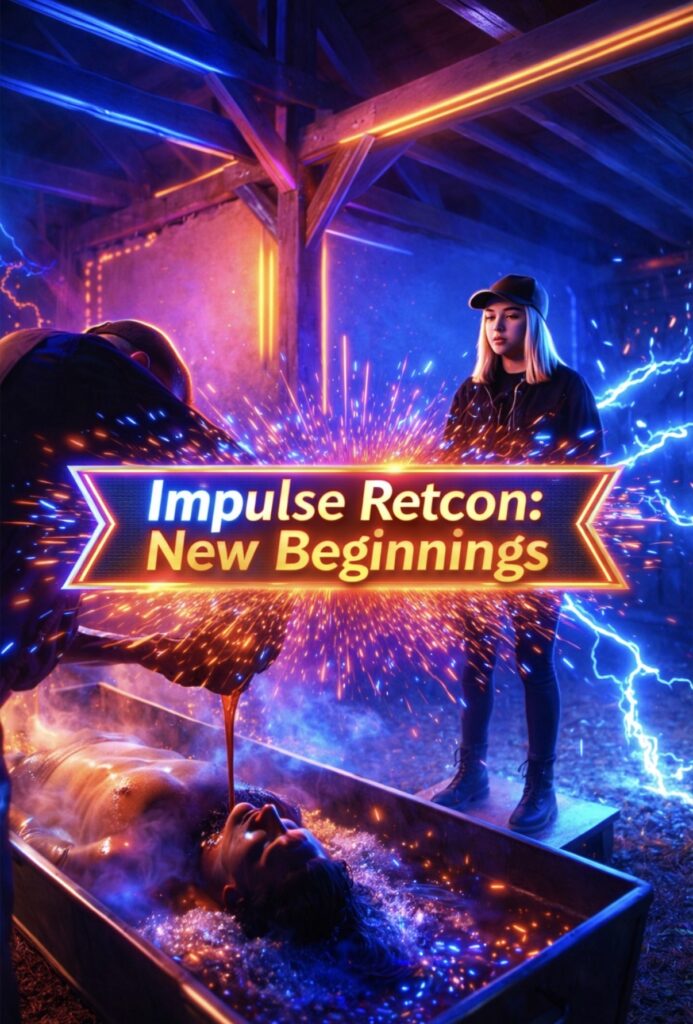
Impulse Retcon
Latest
Reviews
TV Series Review
New Beginnings
In the shadowy underbelly of teen drama fused with sci-fi grit, Impulse Retcon continues to warp reality in its episode “New Beginnings.” This installment isn’t just a reset; it’s a sinister unraveling of truths, where superhuman abilities pale against the everyday horrors of deception, denial, and unchecked consequences. Drawing from the raw, unpolished edges of […]
Read More
Latest
Movie Reviews
Reviews
Scanners 3: The Takeover
In the shadowy corners of cinema, few films dare to peel back the glossy facade of the pharmaceutical industry quite like Scanners 3: The Takeover (1992). Directed by Christian Duguay, this cult sci-fi horror sequel isn’t just a tale of psychic mayhem—it’s a chilling allegory for an industry run amok, where miracle drugs hide monstrous side effects, […]
Read More
Latest
Movie Reviews
Reviews
Scanners 3: The Takeover
In the shadowy world of Scanners 3: The Takeover, Eph3 emerges as a double-edged sword—a pharmaceutical “cure” designed to silence the overwhelming mental noise plaguing telepathic scanners, granting them relief from headaches, anxiety, and scattered focus. Yet, its hidden cost is profound: it erodes the user’s conscience, that inner moral compass guiding right from wrong, […]
Read More
Latest
Live Streaming Posts
OliveOilRun
OliveOilRuns, commonly known online as OliveOilRun or simply Olive, is a multifaceted content creator and live streamer whose real name is Claire. She has built a substantial following across platforms, boasting over 527,000 subscribers on YouTube where she posts daily livestreams, comedic skits, music productions, and vlogs since launching her channel in March 2021. On […]
Read More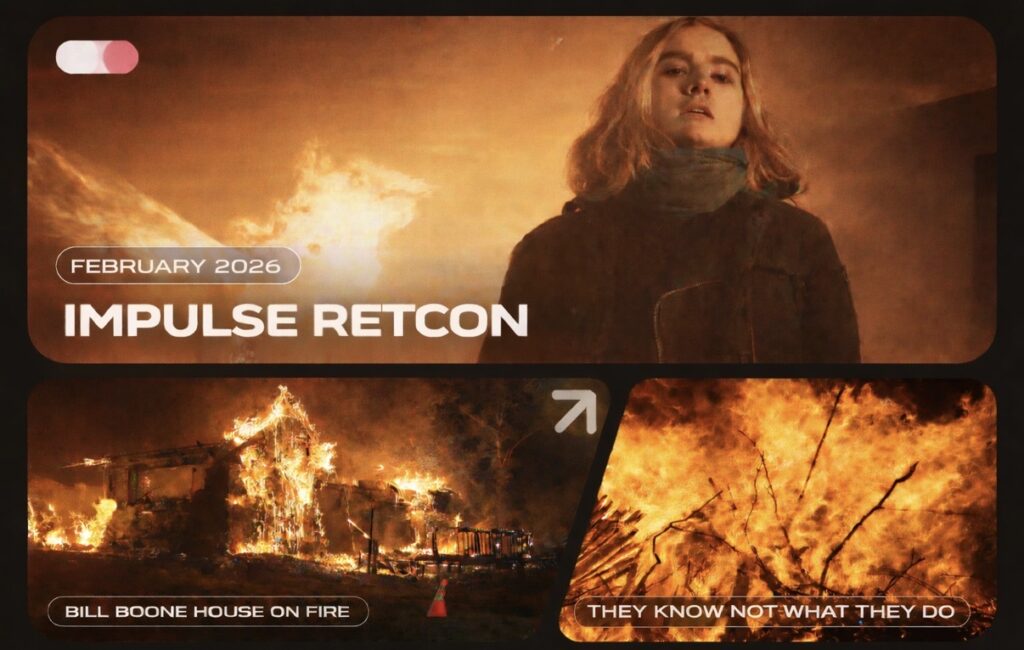
Impulse Retcon
Latest
Reviews
TV Series Review
They Know Not What They Do
In the grim underbelly of Impulse Retcon, the episode “They Know Not What They Do” drags us into a world where instant teleportation isn’t a gift—it’s a curse wrapped in corporate greed and family lies. As a science fiction writer who thrives on the dark edges of human nature, I see this series as a […]
Read More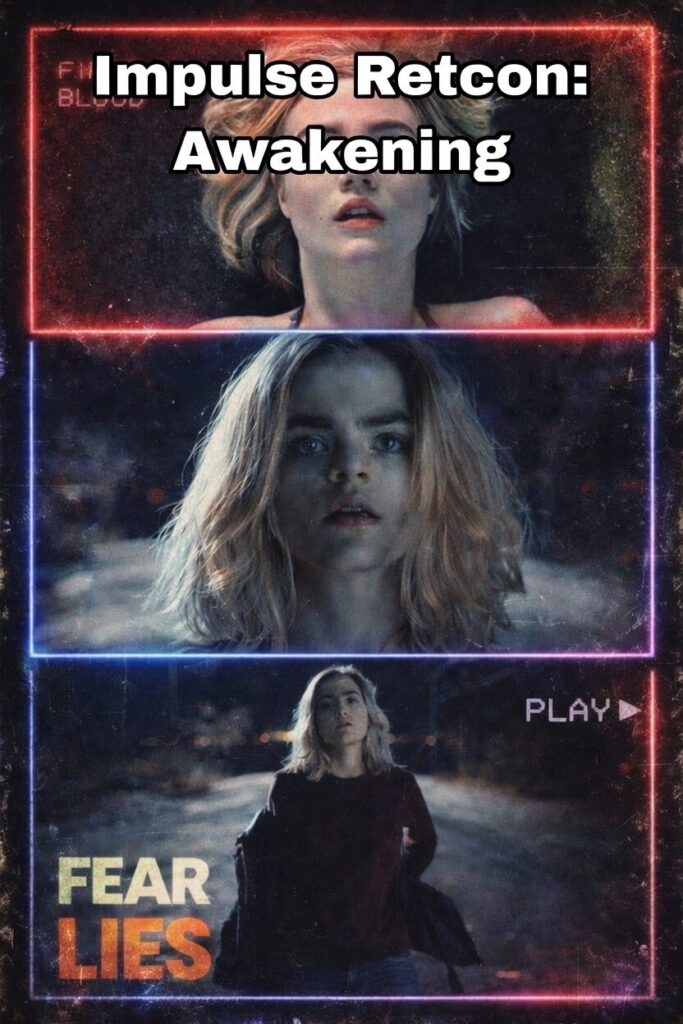
Impulse Retcon
Latest
Reviews
TV Series Review
Awakening
In the chilling world of Impulse Retcon, the episode “Awakening” plunges viewers into a twisted exploration of mental fragility, hidden sins, and the blurred lines between victim and monster. Drawing from the sci-fi thriller roots of the series—where a young woman named Henry discovers her ability to teleport amid trauma and danger—this installment strips away […]
Read More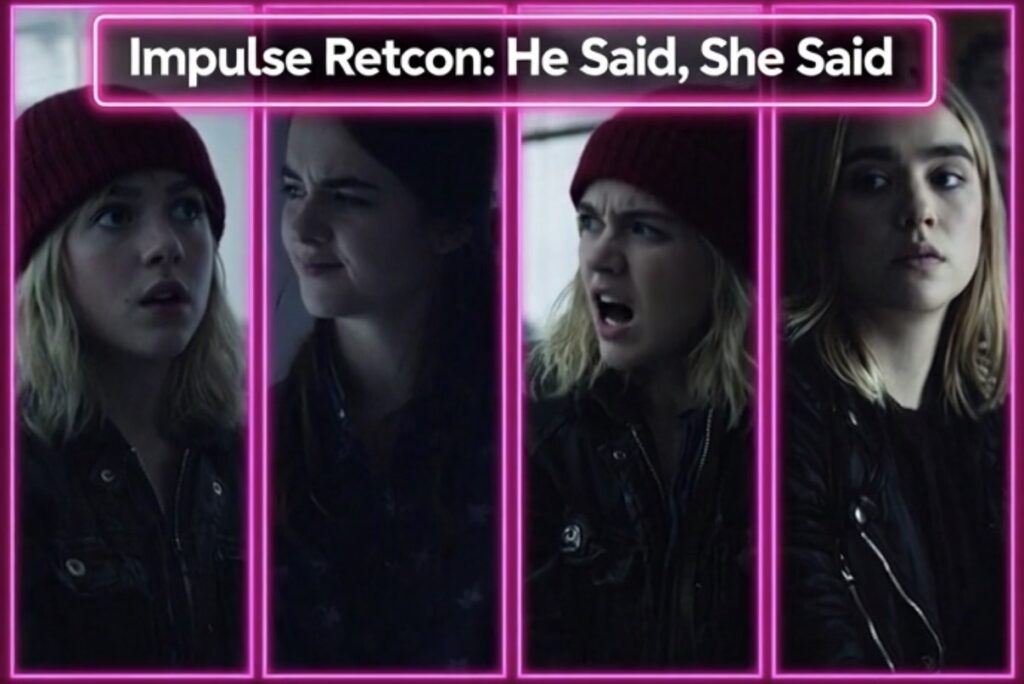
Impulse Revised
Latest
Reviews
TV Series Review
He Said, She Said
In the gripping world of Impulse Retcon’s “He Said, She Said,” where small-town secrets bubble under the surface like a pot about to boil over, one episode stands out for its tangled web of emotions, moral dilemmas, and surprising twists. This installment dives deep into themes of false guilt, police overreach, personal boundaries, and even […]
Read More
Latest
Uncategorized
Lucy Comes To Stay
When Lucy comes to stay, nothing violent happens at first. There are no chains, no locked doors. Power works more gently than that. Lucy is welcomed, corrected, observed. She is told how a young woman ought to sit, speak, dress, eat. The house does not punish her—it normalizes her. Doctors, caretakers, and polite authority figures explain her behavior back to […]
Read More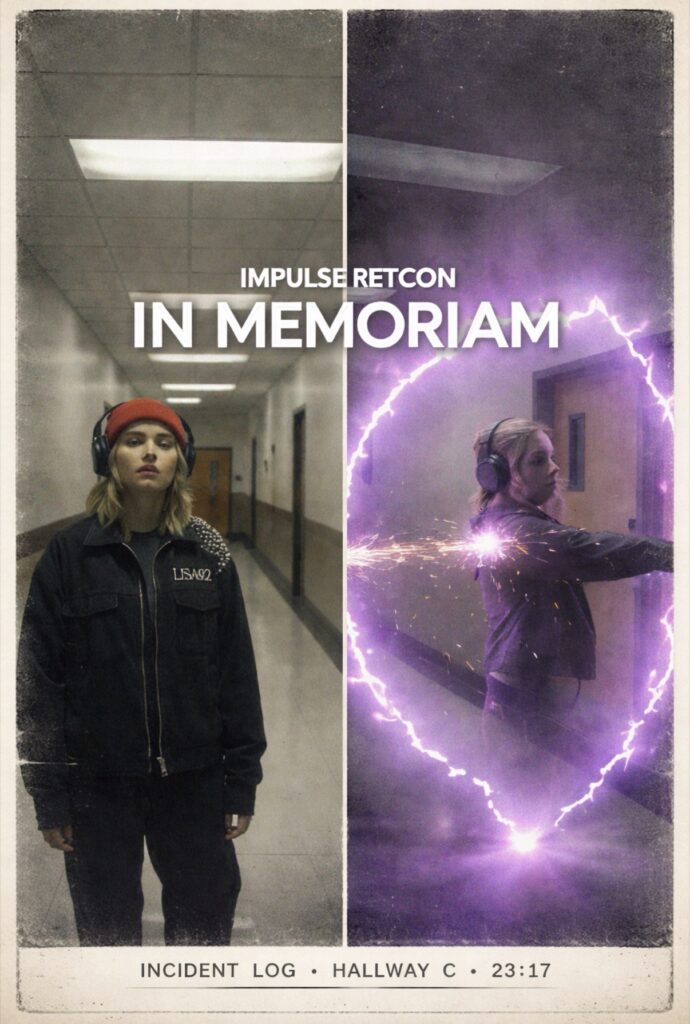
Impulse Retcon
Latest
Reviews
TV Series Review
In Memoriam
In the shadowed corners of Reston, New York, where the everyday grind hides secrets that could unravel a soul, the TV series Impulse Retcon delivers another gut-punch in its episode “In Memoriam.” As a horror writer who’s spent years plumbing the depths of human darkness—like the kind that lurks in small towns where folks smile […]
Read More
Latest
Music Video Reactions
Reviews
Lucy Comes To Stay
In the shadowy underbelly of 1970s psychiatric care, stories like that of Barbara Clemmens—a fictionalized yet eerily plausible figure from the era’s horror narratives—highlight the grim reality faced by countless women deemed “incompetent” by a patriarchal society. Committed to asylums for what were often labeled as incurable insanities, these women were stripped of autonomy, their […]
Read More